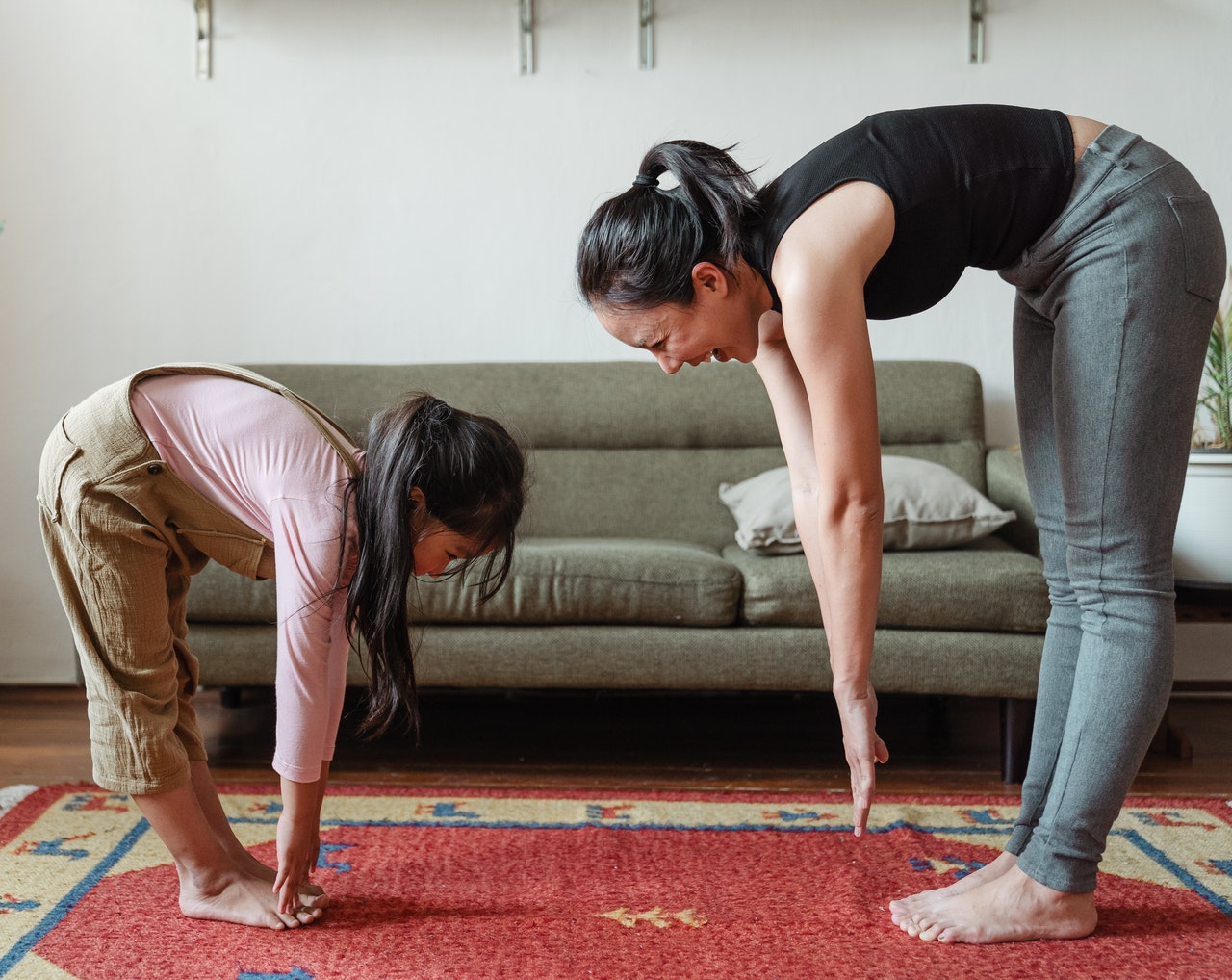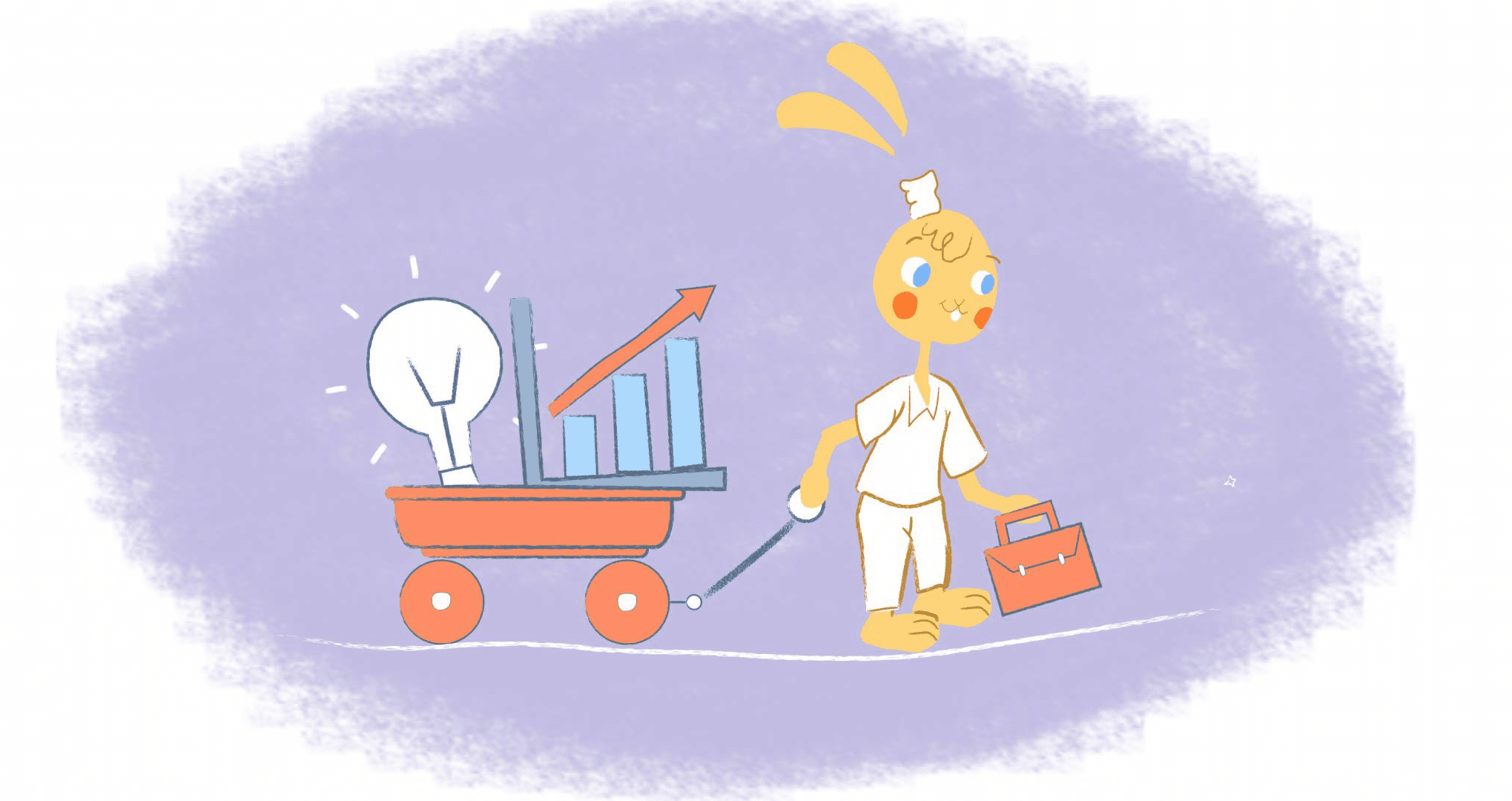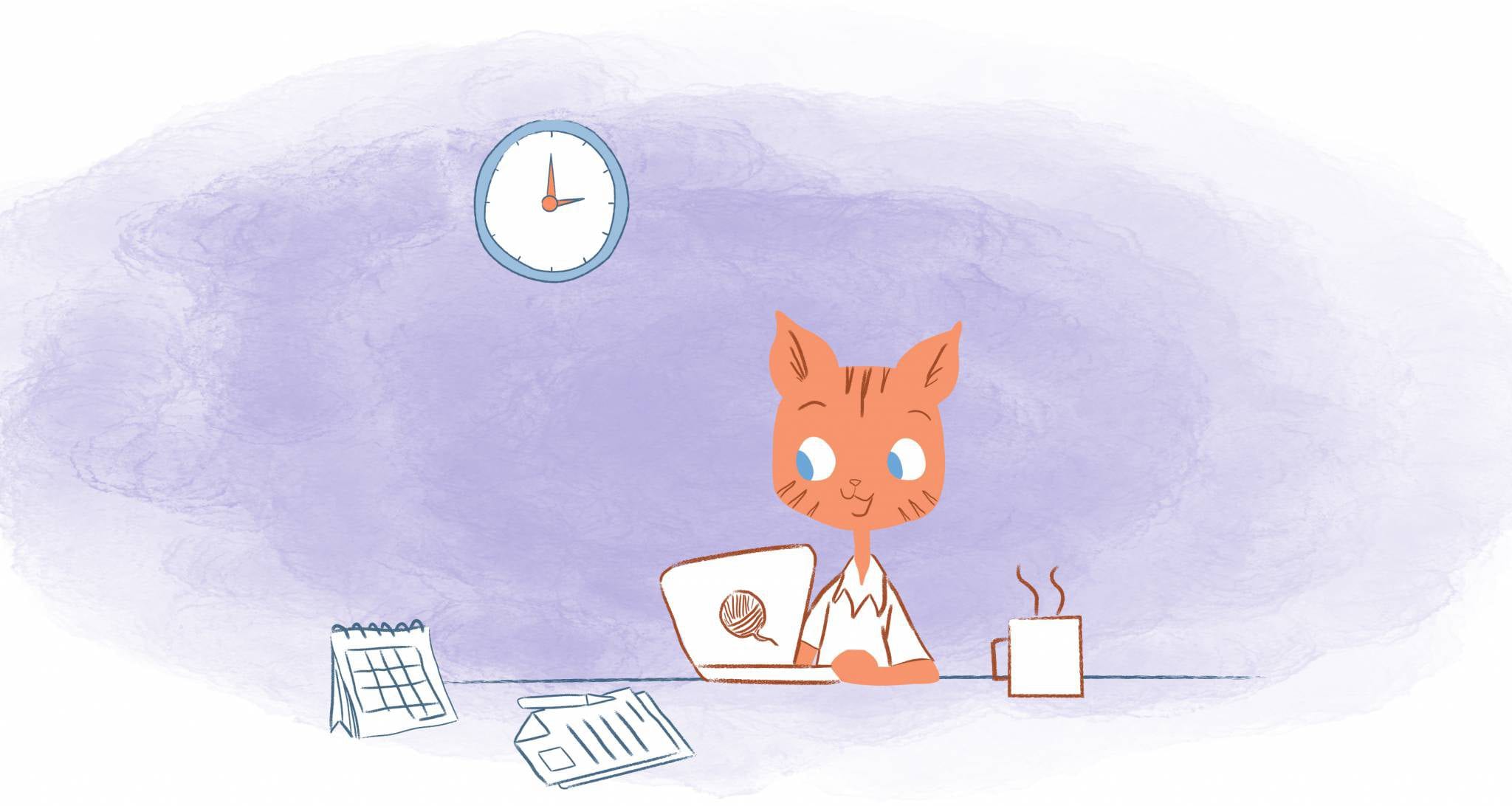

The alarm is buzzing next to your bed. “5 more minutes, you tiredly mumble.” Unfortunately, this ends up being 30 minutes later.
You look at the clock and frantically leap out of bed. You throw on your cleanest clothes, run out the door, and go through a fast food joint for breakfast. Luckily, you made it to work just in time.
Does that honestly sound like how you should spend your morning? A better question would be, is that how a productive person would kick off their day? Of course not.
Things Highly Productive People Don’t Do in the Morning
The good news is that if you can relate to the first example, you can change your ways. But, the first place to start is knowing how you shouldn’t spend your mornings. When you’re aware of these unhealthy habits, you can replace them with healthier habits in the morning.
1. Smashing that snooze button.
I’m not boasting here. But, I’ve always had the ability to wake up before the alarm goes off. That’s not to say that I don’t set it just in case; it’s that I rarely use it.
Compare that to a roommate I had years ago. He set the alarm at 6:45, 7, and then 7:15 before waking up. It drove me to the point that I wanted to take a hammer and shatter it into a million pieces.
Personally, I have nothing against an alarm as a fail-safe. But why have one if you keep hitting snooze? It turns out that it’s just not annoying; it also has negative impacts.
As Marygrace Taylor explains over at Amerisleep, this is because:
- It disrupts your sleep rhythm by throwing you back into the REM cycle. In turn, you’ll wake up feeling groggy and disoriented.
- When you hit snooze and then drift back to sleep, that throws “your whole system into a confusing tailspin. Before long, your body isn’t sure when it’s time to wake up and when it’s time to go to sleep.” Eventually, you’ll become stressed, less focused, and irritable.
Instead, successful people use an alarm clock as little as possible. They are able to do this by maintaining a consistent wake-sleep cycle. And, if they do have an alarm, they rise immediately.
2. Getting lost in the blue light of your phone.
Here’s another problem with alarms. You’re probably using your phone. That may seem harmless, but that can lead you down a rabbit hole.
Think about it. Your alarm goes off, you roll over and grab your phone. Next thing you know, you’re responding to emails, scrolling through social media, or checking the news.
In addition to being a huge waste of time that can cause you to run behind, it’s also bad for your health and wellness. By catching up on any messages you might have missed, you’re setting yourself up for a stressful day.
The reason? You become overwhelmed with everything that you need to do. As a consequence, it becomes more difficult to prioritize tasks.
And, that’s not getting into the anxiety we feel when it comes to reading the news!
While it’s difficult, avoid your phone first thing in the AM. Switch to an old-school alarm clock if that helps. And, do other activities like reading, meditating, or exercising.
3. Flipping on the TV.
Similarly, don’t be tempted to watch TV while getting ready. I used to be guilty of this when I was younger. And, it became a huge distraction that causes me to fall behind schedule.
Also, just like your phone, it can make you feel more anxious. We’ve experienced this during the COVID-19 pandemic while dealing with uncertainty.
“Staying glued to the news actually increases our anxiety in the long-term because it contributes to the false belief that if we have enough information, we can remain in control,” explains Jackie Bullis, Ph.D. “In other words, the more we seek certainty over what will happen in the future, the more anxious we will feel?
Why is this the case? “Because it is simply not possible to be certain about how long the current coronavirus crisis will last, what the world will look like afterward, and so on.”
Again, engage in other activities like physical activity or journaling. I use this time to review my calendar and self-reflect while I have solitude.
4. Winging it.
I’ve said it before, and I’ll say it again — Productivity doesn’t just happen — You need a plan.
That’s why when productive people rise; they know what their day will look like. That doesn’t mean you need to schedule every minute. In fact, you should have some free blocks of time throughout the day.
For me, I map out my entire week on Sunday evenings. But, you could do this the night before. Then, in the morning, you review your plans to make sure everything is in the right place.
5. Not taking advantage of the lack of interruptions.
I’ll be honest. I don’t always look forward to getting out of bed. Just this morning, it was freezing outside, and all I wanted to do was stay warm and comfy in bed.
However, once I got up, I remembered how why I cherish mornings so much. It’s so quiet. And, without all the noise and interruptions that will come later, I can focus on my priorities. As Laura Vanderkam points out in “What the Most Successful People Do Before Breakfast,” that “novelist Anthony Trollope famously wrote, without fail, for a few hours each morning.”
Other successful people, like Charlotte Walker-Said, a history postdoc at the University of Chicago, use the morning to read and write before teaching. “Once you start looking at email, the whole day cascades into email responses and replying back and forth,” she says.
Whether if it’s attending to your self-care, eating your frog, or chipping away at a side project, make the most of this distraction-free period of time.
6. Skipping physical activity.
I’m not going to lecture you about physical activity. I will suggest, however, that you exercise bright and early though. Mainly because, again, you have fewer distractions that prevent you from getting your sweat on.
However, physical activity will boost your focus and concentration. It also makes you feel more energetic and combats fatigue. And, it increases alertness by lowering your cortisol levels that often peak around 8 a.m.
7. Wasting time and energy on small decisions.
Last week I was so exhausted that I forgot to lay out my wardrobe for the following day. Guess what happened? I spent over 15-minutes the next morning deciding what to wear.
In the long run, that’s not the worst thing ever. But, just imagine doing that every day. And, add on other small decisions you have to make, like what you’re going to eat.
Obviously, this is a huge waste of time, which could cause you to be late. Even worse, it also drains your energy reserves. So, make sure that you plan ahead as much as possible so that you can make bigger and more important decisions.
8. Failing to properly nurture yourself.
I’m in no way a health expert. I also admit that I have my flaws. But, I cringe every time I see people devouring donuts every morning and washing them down with a whip-creamed topped coffee that resembles more of a milkshake.
Look, I’ll also have the occasional sugary treat for breakfast. I usually reserve that for special occasions or the weekend. After all, loading up on sugar in the morning will cause you to crash and burn later on. Rather, have a more nutritious option, like oatmeal or yogurt with fruit.
Bonus point if you actually do this with your family.
9. Complaining.
I understand that we sometimes just wake up feeling blah. It would also be unrealistic to expect you to always have a smile on your face. If you did, that might creep people out since you’re giving off a Joker vibe.
At the same time, there’s no point in complaining. It’s a terrible use of your valuable time. And, to be blunt, no one wants to hear it.
“Complaining creates a number of dysfunctional side effects (again, beyond the time wasted),” writes Peter Bregman for HBR. “It creates factions, prevents or delays — because it replaces — productive engagement, reinforces and strengthens dissatisfaction, riles up others, breaks trust, and, potentially, makes the complainer appear negative.”
As opposed to grumbling, learn how to appreciate your mornings and think about the positive.
“The reason we stay in bed in the morning is that our brains get fatigued by thinking about all the things we have to do that day,” writes Shawn Achor, the author of “The Happiness Advantage.” We’re thinking about tasks rather than things that are making us happy.”
However, the reverse is also true, he says. “If you’re thinking about things you’re looking forward to, that makes it easy to get out of bed. What your brain focuses on becomes your reality.”
10. Fighting yourself.
Finally, don’t battle your circadian rhythms. For those unfamiliar, these are 24-hour cycles that are part of your body’s internal clock that affect sleep patterns. They’re also responsible for why some of us are early birds and others night owls.
When out of sync, you’re not only sleepy, you may experience disorders like diabetes, depression, and obesity. Knowing this, don’t go against your nature. For instance, if you’re a night owl, don’t force yourself to wake up at 5 a.m.
In short, own who you are. And, more importantly, structure your schedule around your circadian rhythms.
Image Credits: ketut subiyanto; pexels











Howie Jones
My name is Howie and I'm a Customer Success Manager at Calendar. I like to ensure our customers get the best experience using our product. If you have questions email me howie at calendar.com